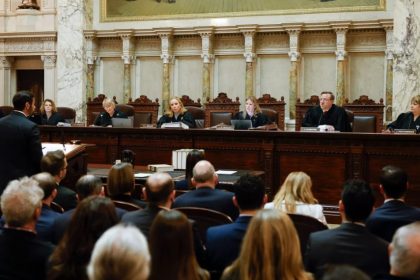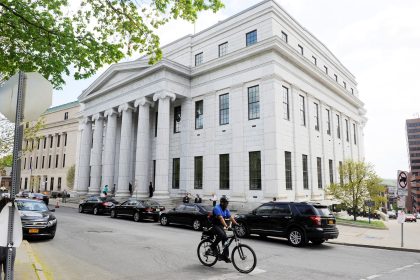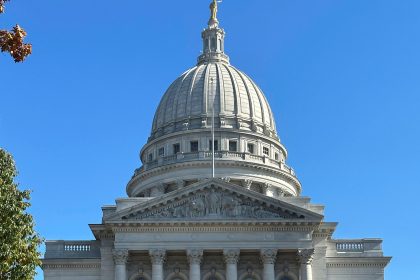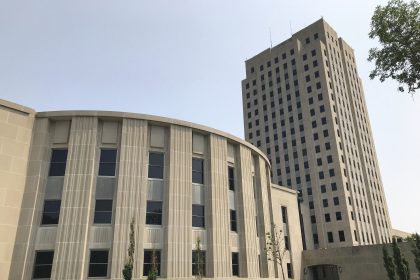North Carolina Republicans Unveil New Congressional Maps
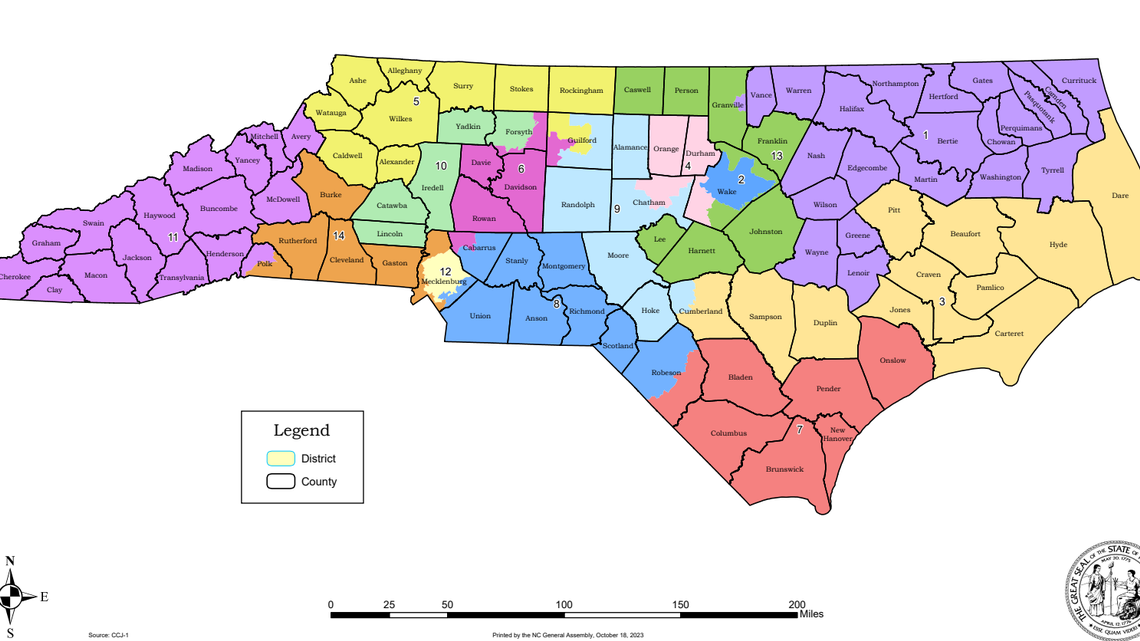
RALEIGH, N.C. — Republican state legislators in North Carolina unveiled two new congressional maps on Wednesday, both of which, according to critics, appear to ensure the GOP will pick up seats in Congress after the 2024 election.
At present, the North Carolina congressional delegation is evenly split, consisting of seven Republicans and seven Democrats.
The changes in the proposed congressional maps could give Republicans as many as 11 seats and Democrats just three seats, members of the Democratic Party say.
A separate proposed map, denoting new state legislative districts, also appears to tilt heavily Republican, virtually guaranteeing GOP supermajorities in both state chambers at least until new maps are drawn following the 2030 Census.
The state Senate map could give Republicans as many as 30 seats and give Democrats just 18 seats, with just two competitive seats, according to some analysis.
The state House map could give Republicans as many as 70 seats and give Democrats just 45 seats, with just five competitive districts.
In releasing the maps, the Republican legislators who control the state House and Senate gave no indication which congressional district scheme would ultimately be voted on.
They did say they would allow amendments to the proposals, but they could, in theory, adopt a map without a single Democrat’s support, assuming all Republican members vote for a particular choice.
Immediately after the release of the electoral maps, Democratic Gov. Roy Cooper, who has no formal role in the current redistricting process, said the Republicans had been enabled by “the state Supreme Court’s partisan reversal of constitutional law” to roll out maps “that show gerrymandering on steroids.”
“Drawn in the back room and armed with their new law that keeps their plotting secret, they have used race and political party to create districts that are historically discriminatory and unfair,” Cooper said, referring to a provision passed in the latest state budget that removes most redistricting communications from public record.
Lawmakers on the redistricting committees of both the state House and Senate were expected to meet to discuss the new maps on Thursday, but were not expected to take any votes on them.
In a written statement, former Attorney General Eric Holder, now the chairman of the National Democratic Redistricting Committee, said North Carolina has always been a “highly competitive and evenly politically divided state,” with the 50-50 split in the delegation being attributable to “fair maps drawn within the very recent past.”
“Yet, these newest lines drawn by a highly partisan state Legislature are created to diminish the voting power of the state’s most populous, diverse communities and erase competition between both parties for the rest of the decade,” Holder said.
“The new maps are based on political fear and arrogance. They are neither reflective of, nor will they be responsive to, the voters of North Carolina,” he added.
Like Cooper, Holder attributed the Republicans’ action to a recent partisan shift in the makeup of the state Supreme Court to a GOP-favoring majority, and said lawmakers had seized on “political opportunism” in creating the new maps.
“But make no mistake, the fair maps movement will continue in North Carolina,” Holder said. “We have a long road ahead of us that will be filled with more victories than losses, but this fight requires everyone to continuously stay engaged at every level to protect our hard-won and precious democracy. Complacency is not an option.”
Dan can be reached at [email protected] and @DanMcCue



















